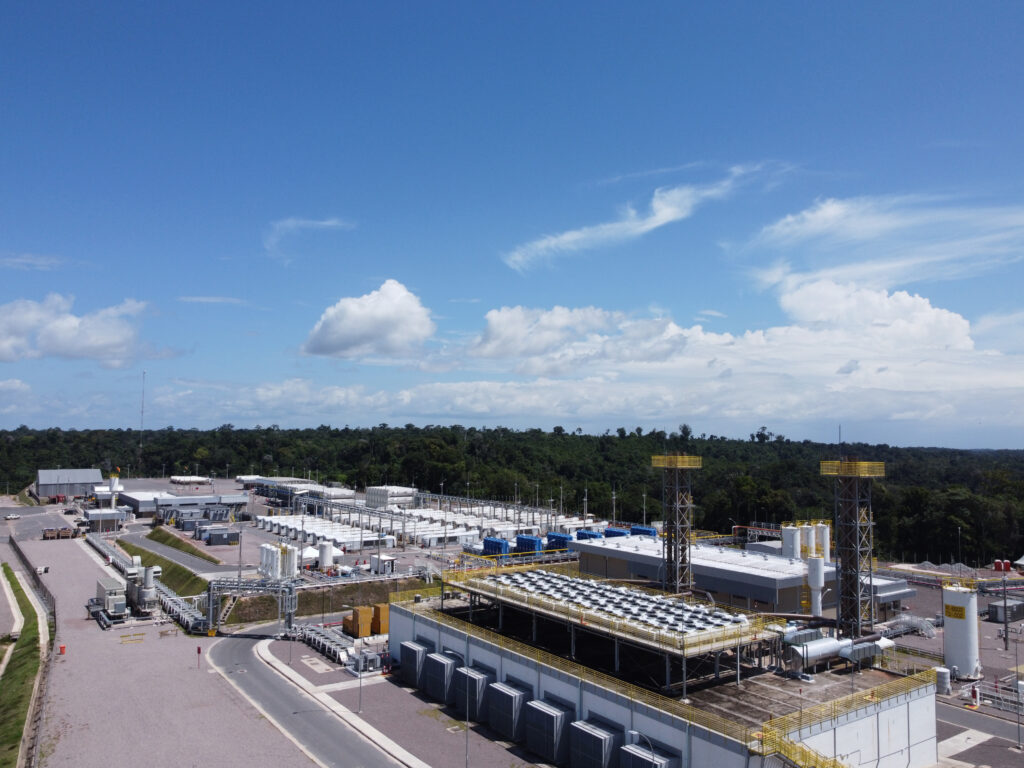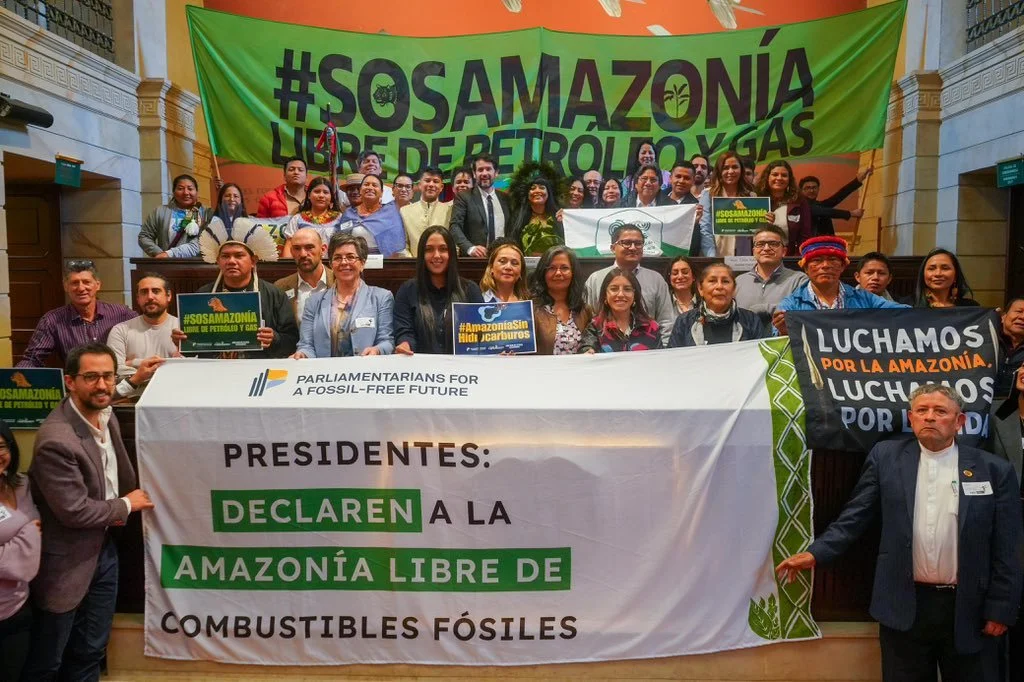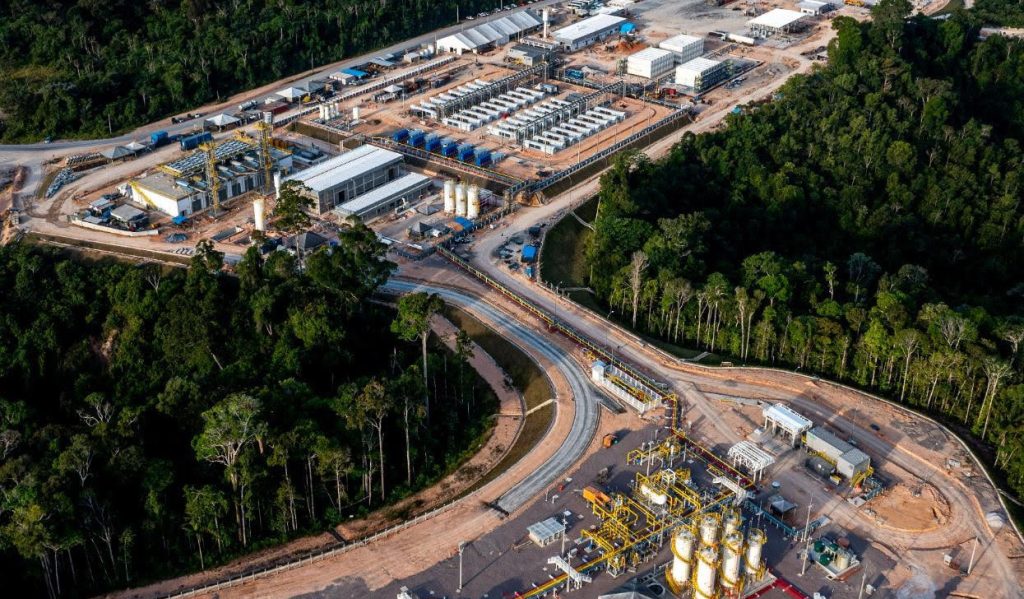International report proposes roadmap for a fossil fuel-free Amazon
14 de October de 2025

By Fred Santana – From Cenarium
MANAUS (AM) – An international report released in October 2025 by the network Parliamentarians for a Fossil Fuel Free Future (PFF) outlines an action plan to protect the Amazon from the impacts of oil expansion.
The document, titled Protecting the Heart of Our Planet: A Parliamentary Roadmap for a Fossil Fuel–Free Amazon, was developed over a year of public consultations, interviews, and hearings with Indigenous communities, scientists, environmentalists, and government representatives. Its goal is to serve as a reference for public policies and legislative decisions focused on energy transition and the defense of the Amazon biome.

According to the report, the Amazon region lies at the center of a global struggle between fossil fuel exploitation and climate preservation. It shows that the Amazon Basin contains 871 oil and gas blocks, 68% of which remain open for concession. Approximately 1.3 million square kilometers of forest are currently overlapped by some form of hydrocarbon-related activity, and more than half of these projects (52%) are concentrated in Brazil.
The report was prepared by a committee of 12 parliamentarians from different Amazonian countries — including Brazil, Colombia, Peru, and Ecuador, linked to the PFF network. They conducted a series of consultations and field visits between 2024 and 2025, covering the period between COP16, held in Colombia, and preparations for COP30, which will take place in Belém (PA).

According to the organizers, the goal is to provide a technical and political foundation for the countries of the region to establish joint commitments toward an Amazon free from fossil fuel exploitation.
Based on the data collected, roughly 5,000 environmental incidents involving oil and gas were recorded over the past 15 years in four Amazonian countries. According to the report, these accidents caused contamination of rivers and soils, loss of biodiversity, and health damage to local communities. It also highlights the weakness of reparation policies and argues that the socioenvironmental costs of these impacts far outweigh the temporary economic benefits of extraction.
The document also examines the role of the international financial system in maintaining fossil fuel dependence. Over two decades, 280 banks have financed 88 companies involved in oil and gas exploration in the Amazon.
Just six financial institutions account for nearly half of all loans granted, with two-thirds of the funding coming from North America and Europe. This concentration, the parliamentarians argue, shows that the continuation of these activities is tied not only to energy demand but also to the financial logic that sustains the sector.

Among the examples cited is the Talara refinery project in Peru, whose cost rose from US$2.73 billion in 2014 to US$6.53 billion in 2024, increasing public debt and deepening the country’s dependence on oil revenues. The case is used as a symbol of what the report calls the extractivist trap, in which investment in fossil infrastructure perpetuates indebtedness and reduces incentives for an energy transition.
The report proposes concrete measures to reverse this scenario. Among its key recommendations are an immediate moratorium on the expansion of oil and gas exploration in the Amazon, the strengthening of Indigenous governance, and the creation of financial instruments to reward countries and communities for keeping fossil fuels underground.
It also calls for the negotiation of an International Treaty on the Non-Proliferation of Fossil Fuels, with binding commitments among nations. The report advocates the development of an Amazon bioeconomy based on decentralized renewable energy and sustainable production chains.
The document also cites precedents in international policies and commitments. One example is HSBC Bank’s 2023 decision to completely exclude the Amazon from its financing portfolio for oil and gas projects. Another is the Colombian government’s proposal to suspend new concessions in the Amazon region, mentioned as a sign of a shifting paradigm.
With its publication, the parliamentarians intend for the report to serve as a tool for political pressure and a technical basis for national congresses and Amazonian governments to adopt energy transition targets. The final version will be officially presented to Brazil’s National Congress in October 2025, aiming to influence the preparatory discussions for COP30.

